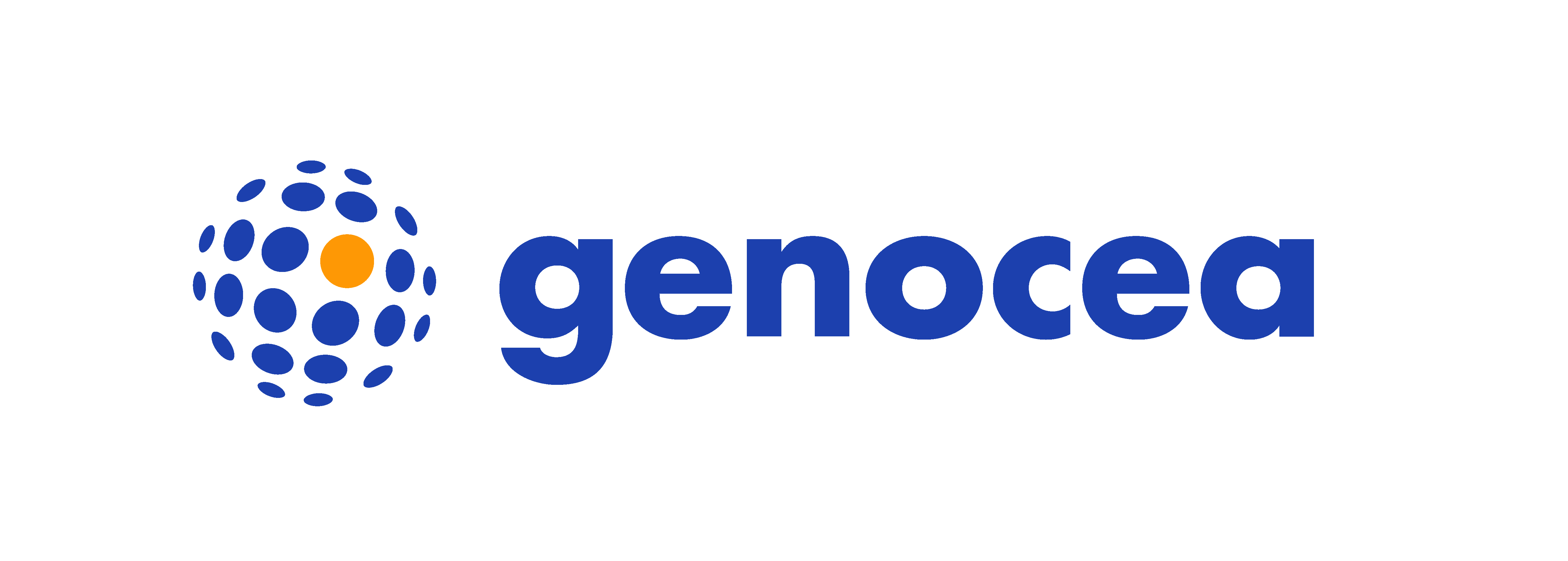
ATLAS™ identifies naturally occurring neoantigen-specific inhibitory T cell responses that are augmented after vaccination
Inhibitory T cell responses exacerbate tumor growthCAMBRIDGE, Mass., Nov. 09, 2019 (GLOBE NEWSWIRE) — Genocea Biosciences, Inc. (NASDAQ: GNCA), a biopharmaceutical company developing next-generation neoantigen immunotherapies, today presented clinical and preclinical data demonstrating the potential of Genocea’s unique, biology-driven ATLAS platform to select neoantigens for inclusion in anti-tumor immunotherapies. Striking clinical evidence shows that the presence of inhibitory neoantigens in an otherwise protective therapeutic vaccine completely suppressed anti-tumor immune responses and promoted tumor growth in pre-clinical models. These data were presented at the 34th Annual Meeting of the Society for Immunotherapy of Cancer (SITC), taking place from November 6 – 10, 2019 in National Harbor, Maryland.In the preclinical studies, when an ATLAS-identified stimulatory neoantigen was combined in a vaccine formulation and therapeutically administered as monotherapy into tumor-bearing mice, tumor growth was either significantly delayed or completely abrogated. This effect was durable and protected animals from tumor re-challenge. Conversely, when an ATLAS-identified inhibitory neoantigen was combined in the same vaccine, tumor growth was comparable to unvaccinated controls; i.e. vaccinating with an inhibitory neoantigen completely reversed protective anti-tumor responses. These data corroborate ATLAS-based clinical data presented yesterday (P417) showing that the ratio of inhibitory to stimulatory T cell responses to neoantigens strongly correlates with patient responses to immunotherapy.Specifically targeting of stimulatory neoantigens while avoiding inhibitory antigens is a cornerstone of GEN-009 personalized immunotherapy, based on interim results presented in two separate posters yesterday (P417) and today (P420). In Part A of the GEN-009-101 Phase 1/2a trial, all subjects mounted T cell responses to vaccination, and responses were seen to 99% of vaccine antigens. To date, no subjects have had identified recurrences.“These results point to the true power and utility of ATLAS,” said Jessica Baker Flechtner, Chief Scientific Officer of Genocea. “Our findings confirm that responses to inhibitory neoantigens can undermine a cancer immunotherapy, even if it also contains stimulatory neoantigens. ATLAS is the only technology able to identify these inhibitory peptides, offering further proof of its potential to identify the targets that matter most.”“The combination of the murine data and the immunogenicity results from the GEN-009 clinical trial suggest that ATLAS, which selects patient-specific targets for vaccine inclusion, results in a broadly immunogenic therapy,” stated Charles G. Drake, M.D, PhD., an advisor to Genocea from Columbia University. “The possibility inducing a T cell response against multiple tumor specific-targets while avoiding amplification of potentially inhibitory responses could result in an optimal anti-tumor vaccine approach. Similar principles could be applied to cell-based therapies.”Posters P420 and P678 are located in Prince George’s Exhibition Halls AB, and are being presented on Saturday, November 9th from 12:35 – 2:05 p.m. ET and 7:00 – 8:30 p.m. ET.About Genocea Biosciences, Inc.
Genocea is a biopharmaceutical company developing personalized cancer immunotherapies. Our unique ATLAS™ technology platform allows us to identify targets based on each person’s tumor antigen-specific T cell responses. Using ATLAS, we can both optimize neoantigens for inclusion in our immunotherapies and exclude inhibitory antigens that exert an immunosuppressive effect on anti-tumor immune responses. We are advancing complementary programs built from ATLAS insights: GEN-009, our neoantigen vaccine candidate for which we are conducting a Phase 1/2a clinical trial across a variety of solid tumor types, and GEN-011, our neoantigen-specific adoptive T cell therapy, for which we intend to file an Investigational New Drug Application in the first half of 2020. To learn more, please visit www.genocea.com.Forward-Looking Statements
This press release includes forward-looking statements, including statements relating to GEN-009 and GEN-011, within the meaning of the Private Securities Litigation Reform Act. Such forward-looking statements are subject to risks and uncertainties that could cause actual results to differ materially from those expressed or implied in such statements. Genocea cautions that these forward-looking statements are subject to numerous assumptions, risks and uncertainties that change over time. Applicable risks and uncertainties include those identified under the heading “Risk Factors” included in Genocea’s Annual Report on Form 10-K for the year ended December 31, 2018 and any subsequent SEC filings. These forward-looking statements speak only as of the date of this press release and Genocea assumes no duty to update forward-looking statements, except as may be required by law.Investor Contact:
Dan Ferry
617-430-7576
[email protected]
Bay Street News

